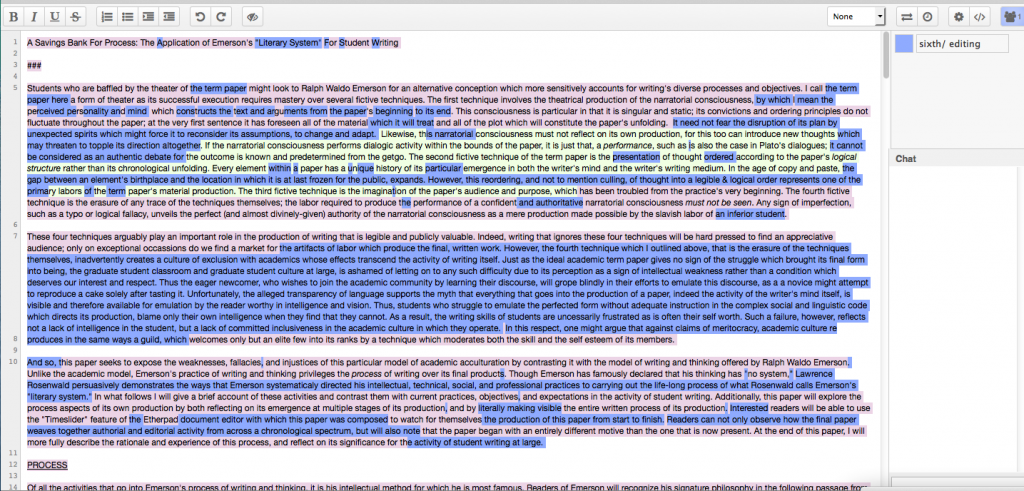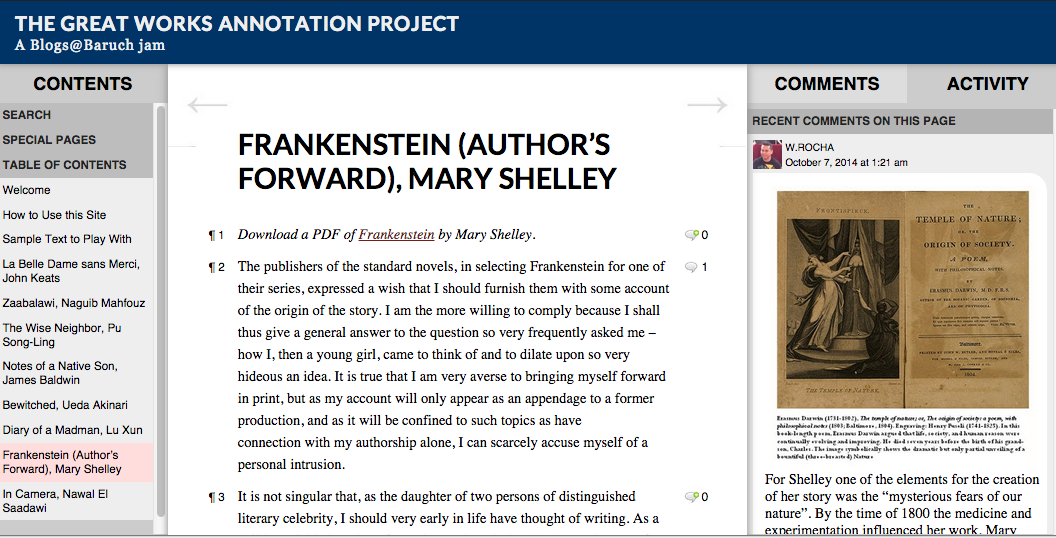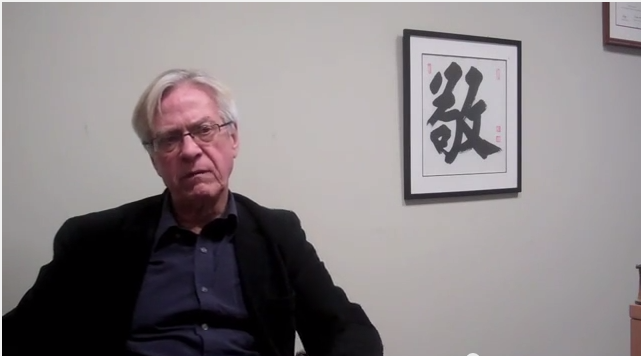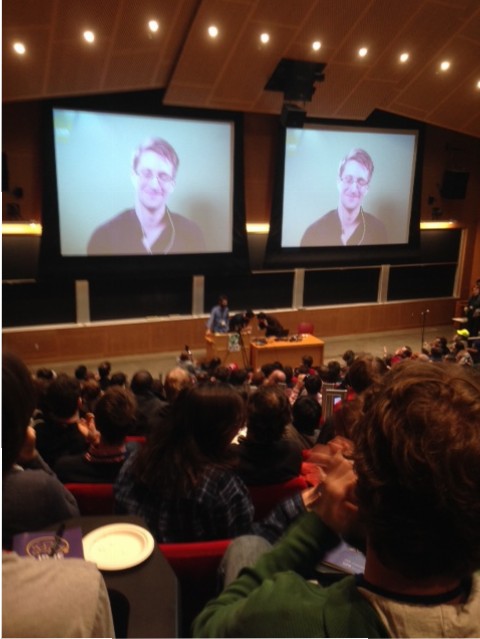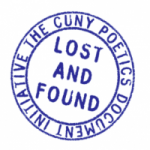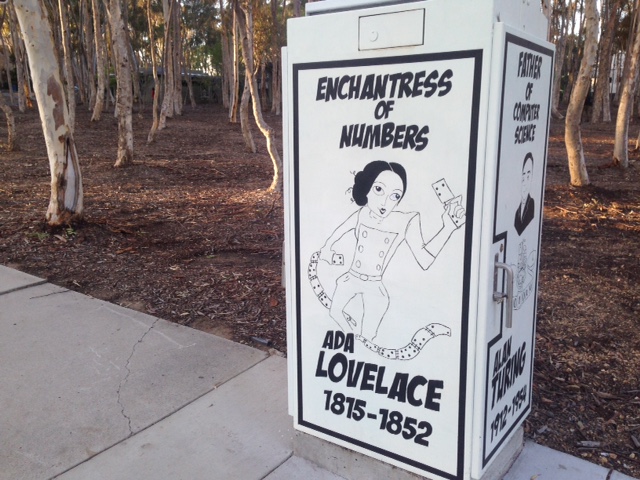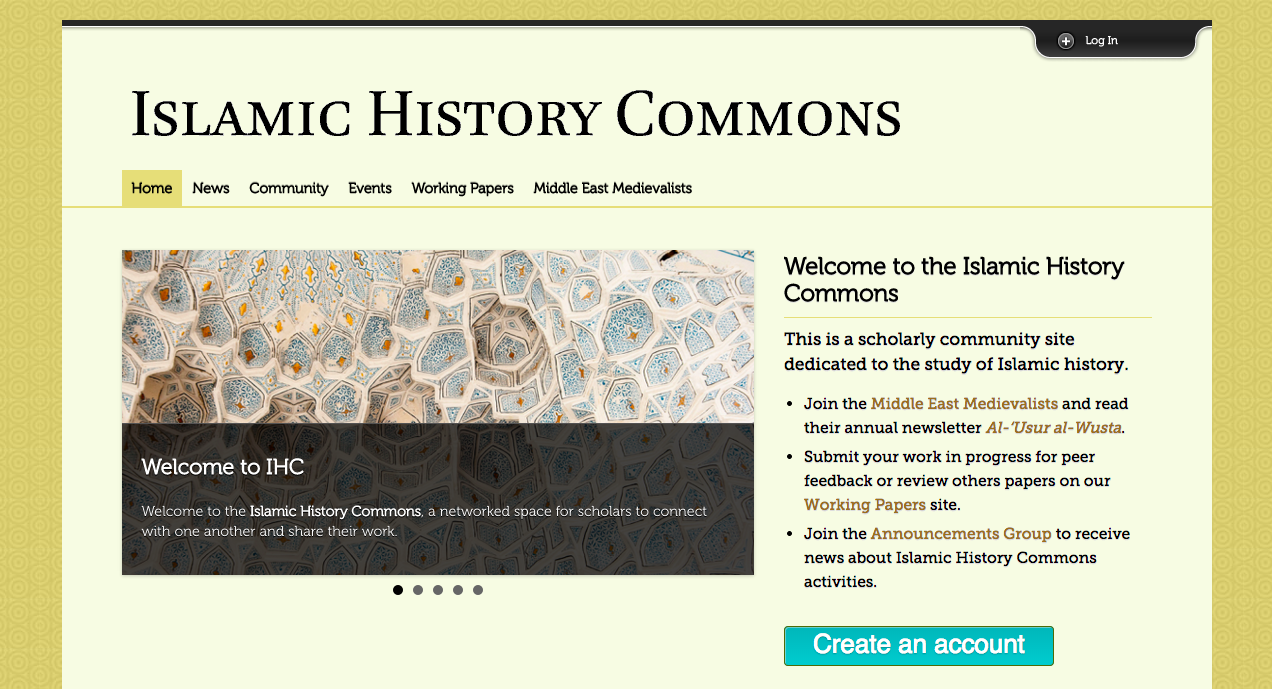Page 2 of 2
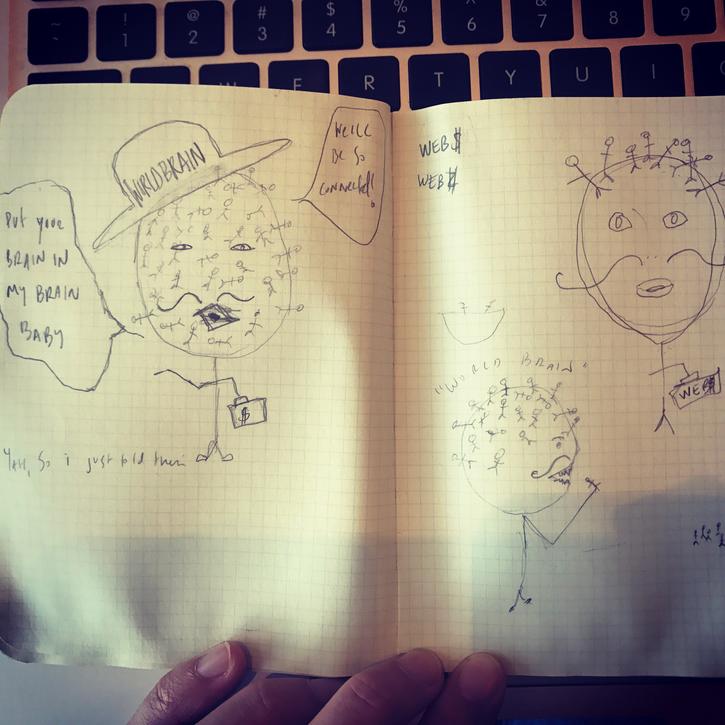
To what extent can the general public participate in and benefit from the production of a dissertation? How might the private and anxiety-ridden processes of education be transformed into a public good and social joy? Are the imperfect artifacts of learning to be hidden and disposed of as shameful waste, or might they provide fertile soil for the cultivation of a global learning community? Could the form of the dissertation itself blossom into something more vibrant and responsive to today’s world in the process?
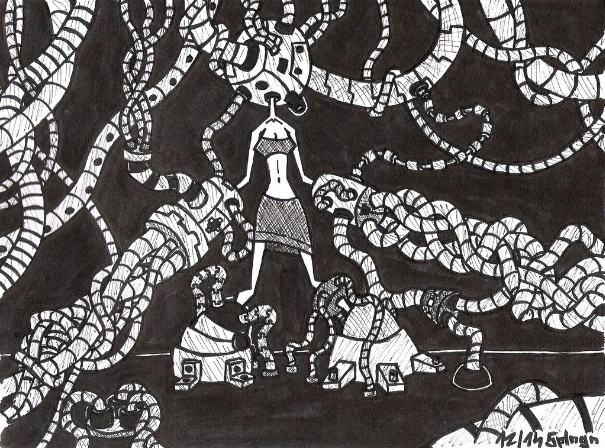
I use “participatory infrastructure” here to signify digital infrastructure whose mechanisms are transparent to its user community, whose user community is able to critically assess the ways in which it affects and mediates their community, and which is designed to invite continued development by that user community. Participatory infrastructure requires open technical protocols and social organization that encourages all users, regardless of expertise, to participate in discussions regarding that infrastructure’s ongoing development.
A global commons for students to network in-progress writing and feedback across disciplines, institutions, and publics. The following is a grant proposal written in October 2015 soliciting funding from…
In an age when “sharing” is as easy as pushing a button, student papers are still largely written for the audience of a single professor. By denying students…

“Knowledge Productionz” was created on the day of the 355th mass shooting in America of 2015, and was made possible through the skills and encouragement obtained at a Code Liberation game design workshop hosted the night before.
I’ve built numerous websites and mockups for scholars, academic departments, and organizations. Often these projects require not only web skills, but a sensitive understanding of an organization’s structure,…
